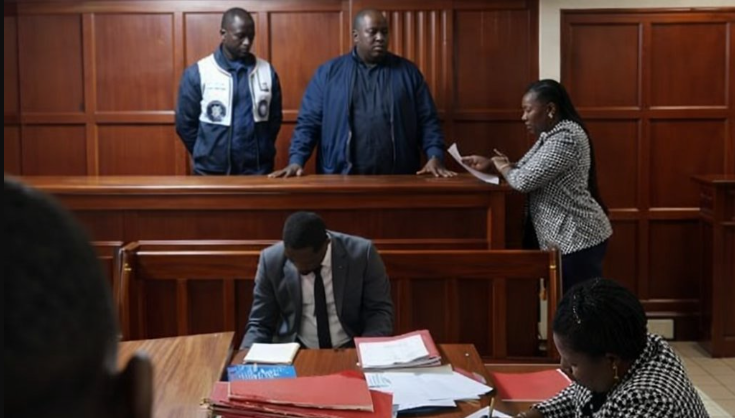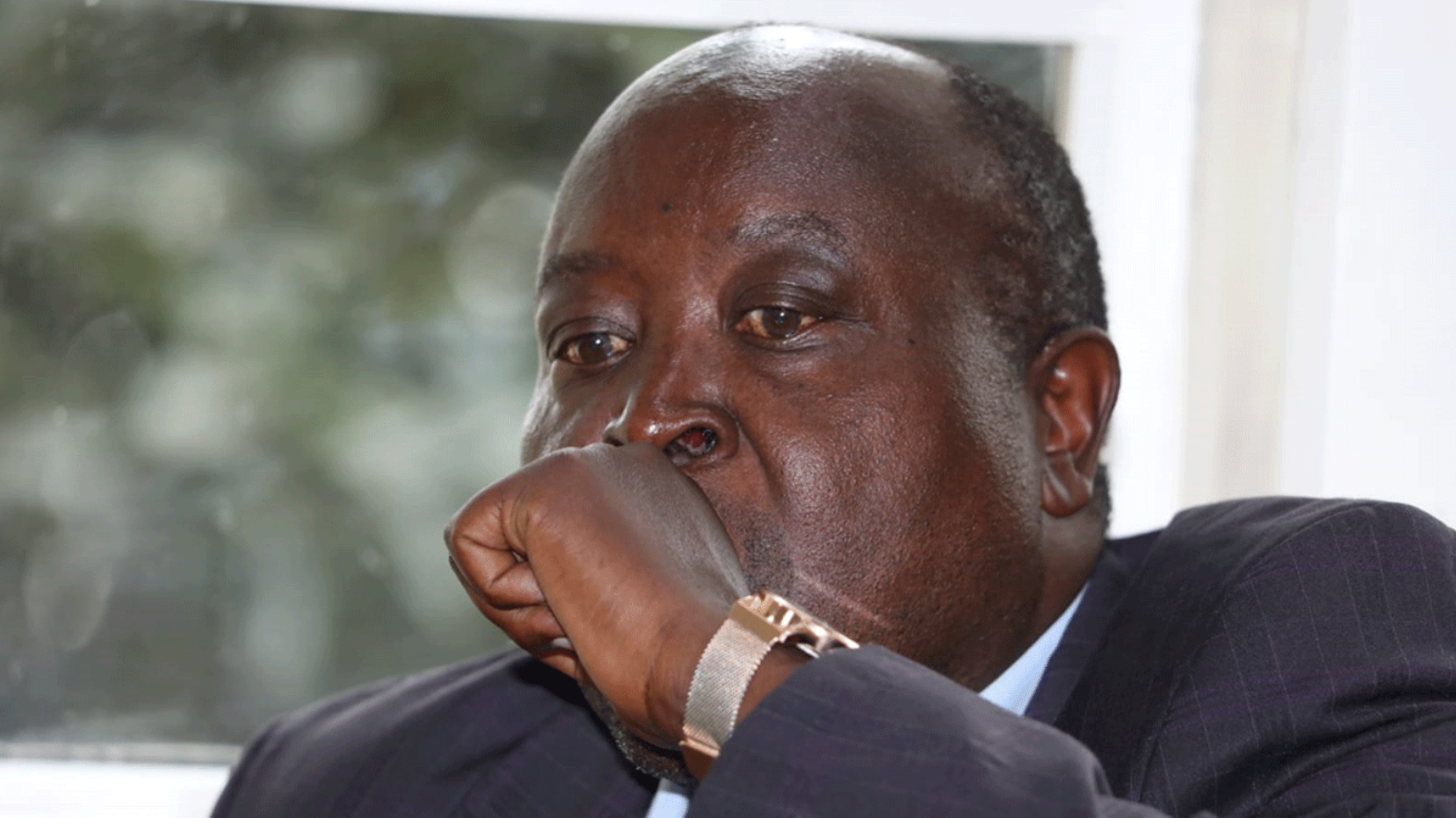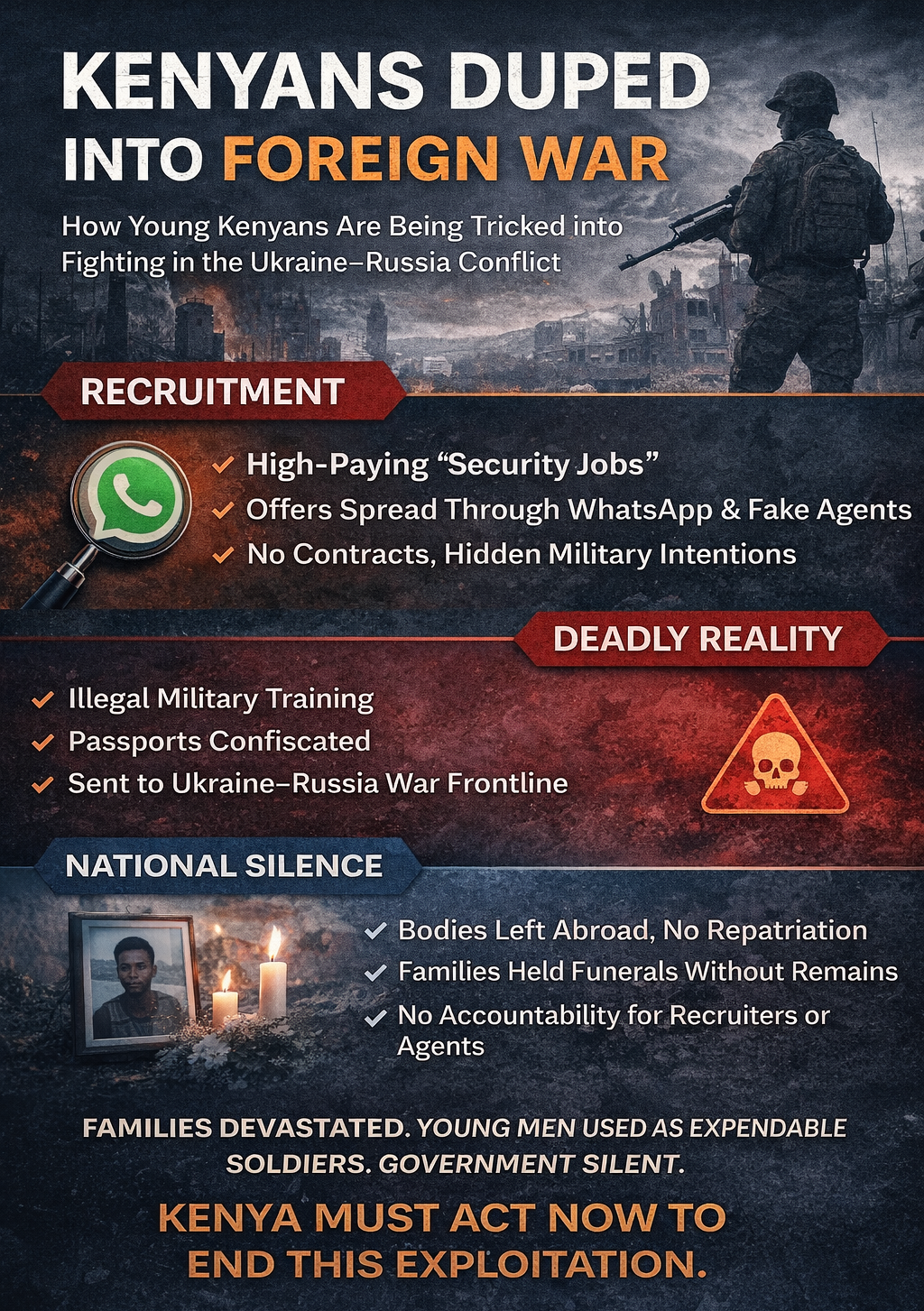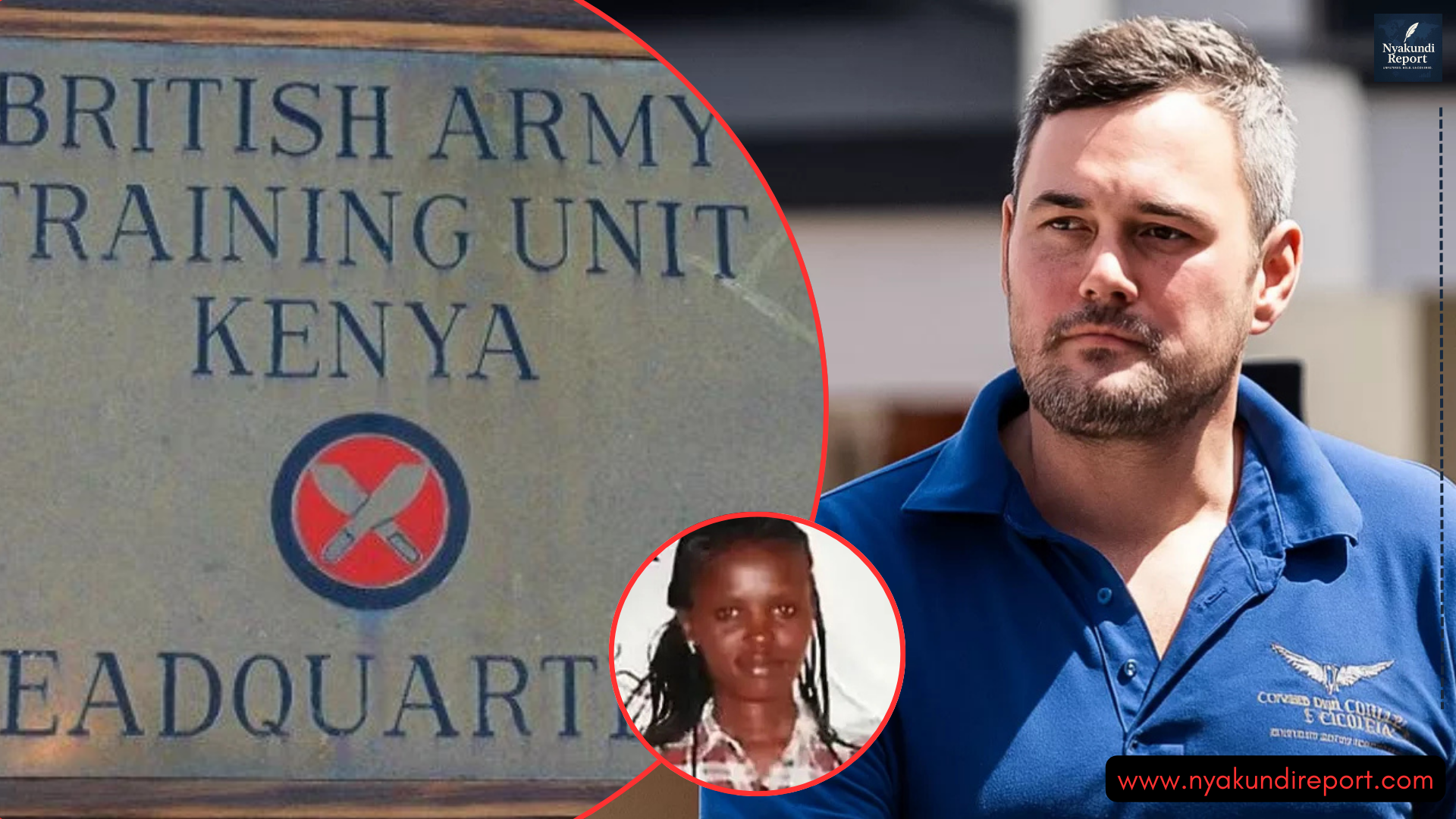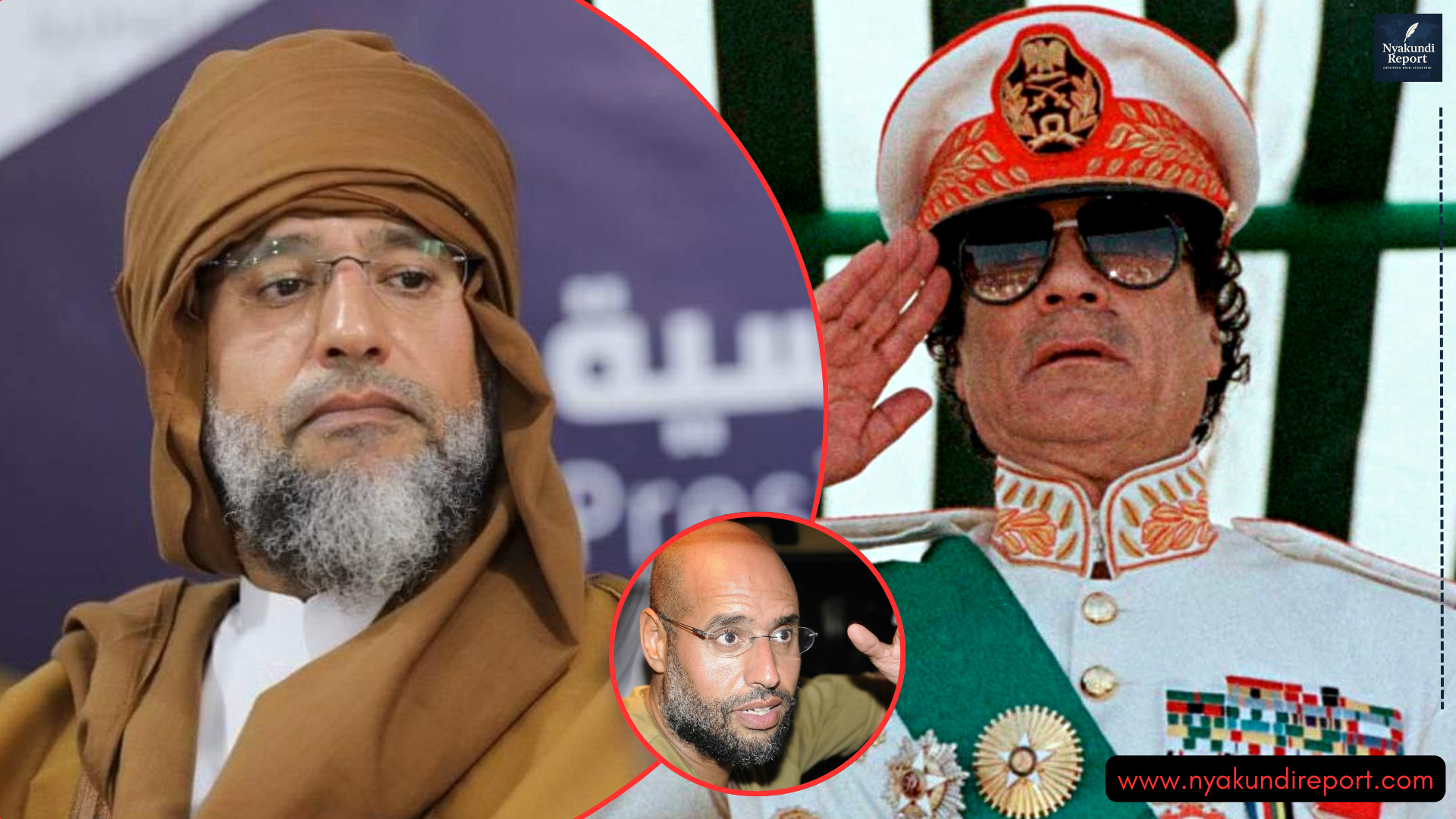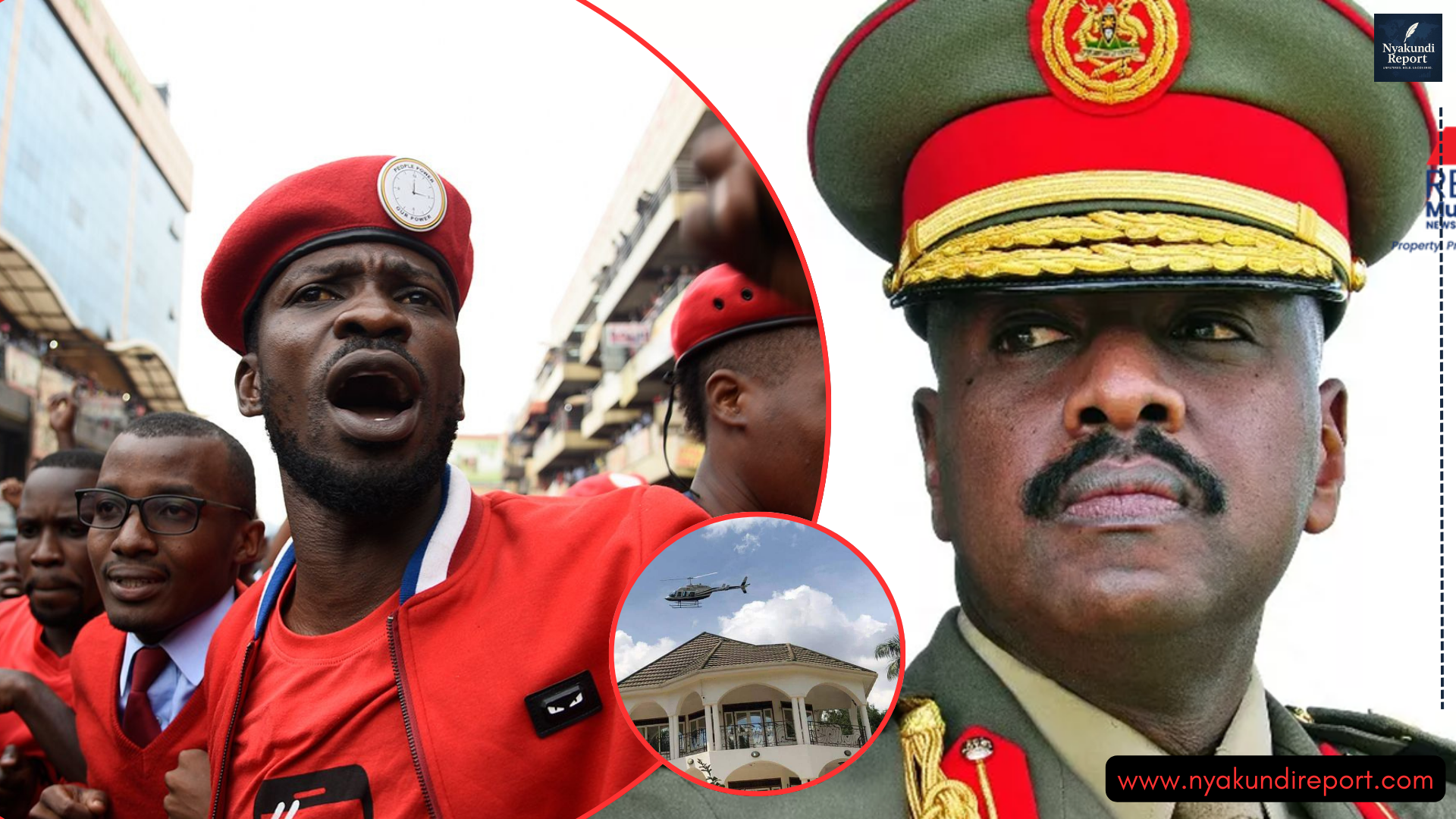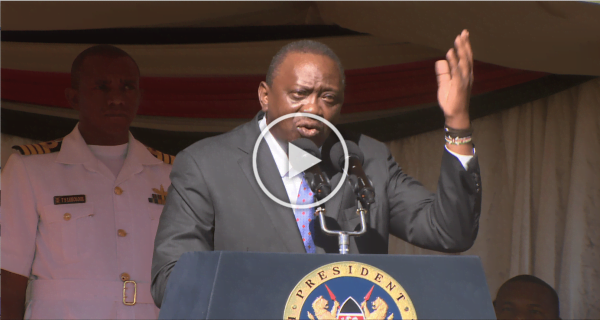For decades, British soldiers stationed in Kenya under the British Army Training Unit Kenya (BATUK) have quietly returned to the UK, leaving behind more than just footprints and war drills—they’ve left children. Now, a UK High Court ruling is finally breaking the silence.
Eleven British soldiers accused of fathering and abandoning children in Kenya must be identified and traced, giving long-overdue recognition and hope to their children.
But this is just the beginning. Hundreds more could be out there—children lost in a web of secrecy, silence, and colonial arrogance.

High Court Breaks BATUK Deadbeats Secrecy
In a historic and hard-hitting decision, the UK High Court has ordered the British government to hand over the names and last known addresses of 11 soldiers accused of fathering children while stationed in Kenya.
The ruling was a direct blow to decades of denial and avoidance by the British Army. The court ordered the Department for Work and Pensions (DWP) and HM Revenue & Customs to provide contact details of the soldiers to the affected children. For the first time, young Kenyans abandoned by their alleged British fathers may finally learn their identities.
These soldiers served under BATUK, the controversial military training mission based in Nanyuki, roughly 200km north of Nairobi. BATUK has long been accused of breeding a toxic culture of impunity, where soldiers impregnate local women, disappear, and never look back.
Some of these pregnancies were consensual, others reportedly involved coercion or force. What’s clear is that the fallout has been devastating: single mothers abandoned, children ostracized, and entire families left in the dark.
Forgotten Children and a Broken System
BATUK deadbeats didn’t just walk away from parental responsibility—they walked into the comfort of anonymity and immunity.
These children, many now in their teens and early adulthood, bear the double burden of abandonment and discrimination. Their lighter skin color often makes them targets of bullying. Mothers report schools demanding higher fees because their children are “white.” Employers see them as “not fully Kenyan,” and yet the UK refuses to acknowledge them.
In several cases, British soldiers married other women and started new families back home, ignoring attempts by the Kenyan mothers to contact them.
Meanwhile, Kenyan authorities have done little. Parliament has failed again and again to launch any serious investigation. This silence speaks volumes about how post-colonial power dynamics still protect foreign soldiers at the expense of local communities.
The UK, too, has resisted full transparency. Until now, the identities of the fathers were buried in military records and bureaucratic red tape. The High Court ruling is not just a legal win—it’s a reckoning.
What Comes Next for BATUK Deadbeats
Now that the door has been forced open, more lawsuits may follow. Lawyers representing the Kenyan mothers and their children believe that the 11 soldiers named are just the tip of the iceberg.
Some children are already pursuing legal parenthood recognition. If successful, they could be eligible for British citizenship, opening doors to education, healthcare, and dignity that was long denied.
But this battle is not just about passports—it’s about justice. It’s about forcing an institution that operates under the radar in a former colony to finally answer for its actions.
BATUK has long been defended by both the UK and Kenyan governments as essential for regional security training. But the human cost of this partnership has been ignored.
Nanyuki residents, especially women, have often complained about harassment, exploitation, and even abuse by British soldiers. Attempts to hold them accountable have been stonewalled, raising serious questions about the UK’s moral obligations as a supposed global leader in human rights.
With the High Court ruling, the survivors and their children now have a legal foothold to demand answers and accountability. The British government will be forced to disclose information it long tried to keep hidden.
The Bigger Picture and Unfinished Business
The scandal of BATUK deadbeats is no isolated case. It’s a symptom of a bigger disease—military impunity in foreign lands.
In Kenya, foreign soldiers often enjoy diplomatic protection, and abuses tend to be swept under the rug. Kenyan officials, fearful of losing aid or military partnerships, rarely press for justice.
But the children left behind are real. Their stories, their pain, and their search for identity are now forcing both governments to listen.
Whether the UK soldiers will respond, accept paternity, or pay child support remains uncertain. What’s certain is this: the wall of silence around BATUK deadbeats is finally cracking.
The women who were silenced are now speaking up. The children who were abandoned are demanding recognition. And the institutions that failed them are being dragged into the light.

